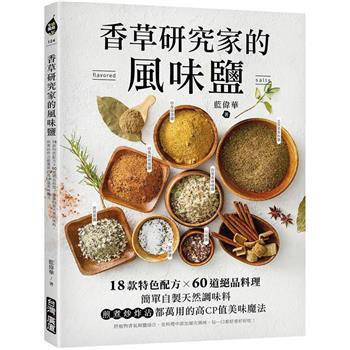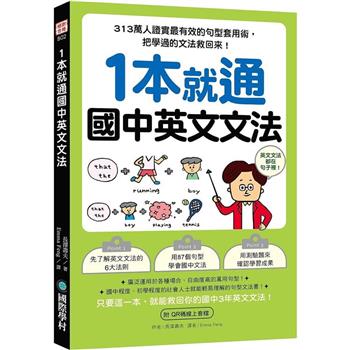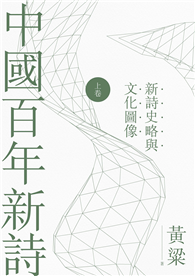Phenylketonuria (PKU) is a genetic disease that increases blood levels of phenylalanine. Persistent elevations in the concentration of this amino acid in the blood can cause neurological damage which, in its most severe form, is manifested by irreversible mental retardation. The neonatal screening test, carried out on the third to fifth day of life, enables early diagnosis and the start of treatment in good time, with the aim of guaranteeing normal growth and development for the affected child. Dietary treatment, which is very restrictive, is influenced by various factors that produce significant changes in family dynamics and becomes a major challenge for professionals, since purely biological knowledge is not enough to encompass its complexity and how to deal with it. Living with Phenylketonuria sought to emphasise the difficulties of treatment, not only in relation to the restrictive diet, but also in relation to emotional, social, economic and cultural aspects. The study helps to improve understanding of living with the disease in family dynamics, contributing to a more humanised and integrated approach to the treatment of PKU.
| FindBook |
有 1 項符合
Living with Phenylketonuria的圖書 |
 |
Living with Phenylketonuria 作者:del Lama Soares 出版社:Our Knowledge Publishing 出版日期:2024-09-04 語言:英文 規格:平裝 / 180頁 / 22.86 x 15.24 x 1.04 cm / 普通級/ 初版 |
| 圖書館借閱 |
| 國家圖書館 | 全國圖書書目資訊網 | 國立公共資訊圖書館 | 電子書服務平台 | MetaCat 跨館整合查詢 |
| 臺北市立圖書館 | 新北市立圖書館 | 基隆市公共圖書館 | 桃園市立圖書館 | 新竹縣公共圖書館 |
| 苗栗縣立圖書館 | 臺中市立圖書館 | 彰化縣公共圖書館 | 南投縣文化局 | 雲林縣公共圖書館 |
| 嘉義縣圖書館 | 臺南市立圖書館 | 高雄市立圖書館 | 屏東縣公共圖書館 | 宜蘭縣公共圖書館 |
| 花蓮縣文化局 | 臺東縣文化處 |
|
|
圖書介紹 - 資料來源:博客來 評分:
圖書名稱:Living with Phenylketonuria
|











